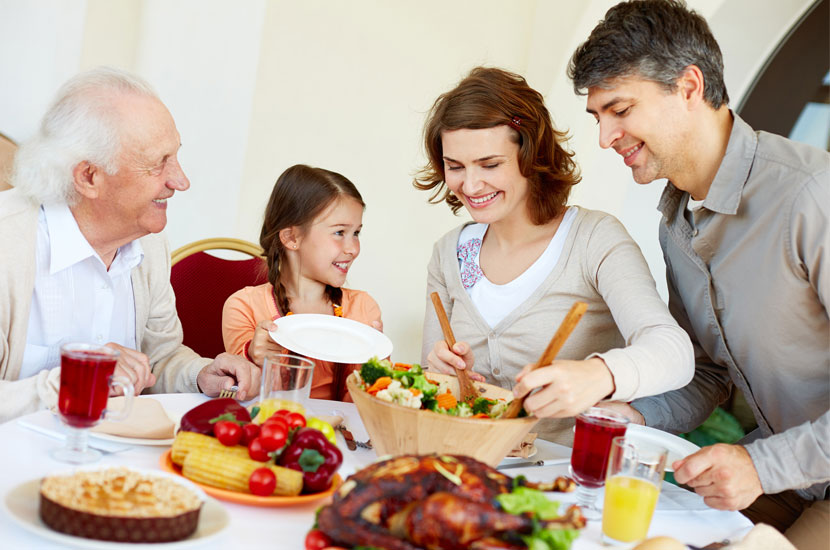Emotional Eating

Emotional Relationship with Food Individuals’ relationship with food is often complicated and multilayered due to the complex nature of food. Food is not only a source of nutrition, but it is also associated with love, family connection, and observing religious holidays. When individuals are encouraged to explore their relationship with food, some realize that food for them is a companion that they reach to when feeling lonely or bored. Others relate it to source of comfort when feeling sad. Some use it as friend to celebrate with when happy. Hence when trying to beat the habit of emotional eating, it would self defeating to just shame and judge oneself for without understanding the function of the food in the system as a whole.
Most individuals complain of their eating habits. Many report feeling guilty about some of their food choices especially when experiencing intense emotions. The term emotional eating is often used to describe those eating episodes.
Emotional eating is associated with having comfort food at times of distress or happiness. It is however important to recognize that emotional eating is normal eating. Normal eating is giving yourself permission to eat sometimes because you are happy, sad, or bored, or just because it feels good. Normal eating is overeating at times: feeling stuffed and uncomfortable. It is also under-eating at times and wishing you had more.
Emotional Eating becomes problematic when it is the only way individuals are dealing with their feelings. It means that whenever an individual is feeling sad, happy depressed, or stressed, they resort to food in order to comfort their feelings. When this behavior is repeated frequently then it becomes maladaptive. Food at this point becomes a method to numb their emotions rather then feel it. It is important for individuals to observe their feelings and maybe trying to deal with it rather than try to numb it. Another method to avoid emotional eating is to try finding a different activity to do, for example if the feeling is boredom then maybe going for a walk could be distraction from the urge to eat.
(Credit: Reem Shaheen, counseling psychologist at ClearMinds, Center for Emotional Health)








لتنظيف الحمام ، ضع أولا كيسا بلاستيكيا على مقبض باب الحمام لجمع القمامة ، ثم اسكب المبيض بفرشاة حول الحوض وجوانب الحمام وتحت الحواف ، واتركه لمدة 5 دقائق قبل الشطف ، وفي هذه الأثناء املأ زجاجة الرش بالماء والخل الأبيض بكميات متساوية ، ورشها على منشفة ورقية أو قطعة قماش ، يمكنك المتابعة لمسح المكان الذي يوضع فيه الشيء في الحمام عن طريق مسح أوساخ معجون الأسنان حول الصنبور والمرآة والمغسلة والمقعد وملحقاته.أولا يمكنك غسل التبييض تطبيقها وتنظيف السجاد الكلمة أو إزالته إذا كان الوقت لوجود الضيوف ضيق. قم بإزالة الغبار والشعر والأوساخ الأخرى من الأرض وامسح زوايا الحمام بممسحة مبللة
https://szaiap-xiounk-miell.yolasite.com/
this is an informative post and it is very beneficial and knowledgeable.
Food serves more than just a functional purpose of providing nutrition. It is intertwined with emotions, memories, and cultural experiences.
Breakout Game was first released in arcades, and in 1978 it was adapted with new graphics and gameplay to the Atari 2600.
It is very simple process get help with file explorer in windows 10 now click this website.
I learned a lot from your blog. If you want to have more fun, you can learn more about old video games. It’s going to be fun to play with you again!
By visiting lows-surveycom.online and providing the necessary data, such as a recent purchase receipt, customers can take part in the study. It is important to know that neither the survey nor the prize are open to Lowe’s employees or their immediate families.
amazing
Watching them eat happily
Happy Wheels is a fun and engaging physics-based game. It is a game that takes talent, strategy, and luck to complete the stages.
This virtual realm not only offers an escape from reality but also shapes social dynamics and influences various aspects of our lives.
Metal waste reprocessing yard Ferrous metal sorting Iron waste reclamation and recycling
Ferrous material recycling operation, Iron waste repurposing facility, Metal reutilization yard
Emotions can eat stars
That’s right, emotions are controlled by us